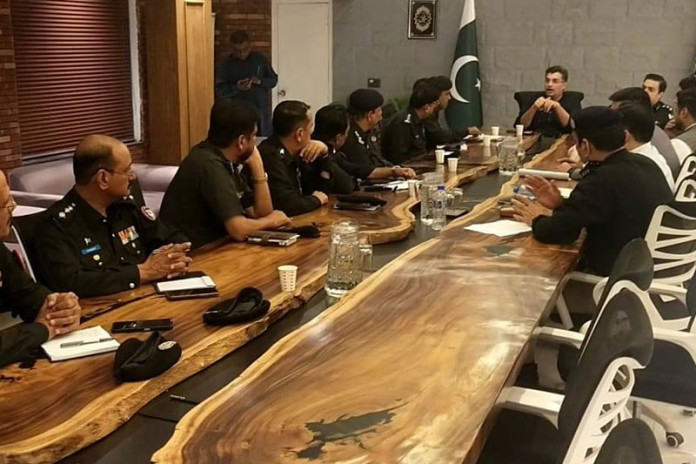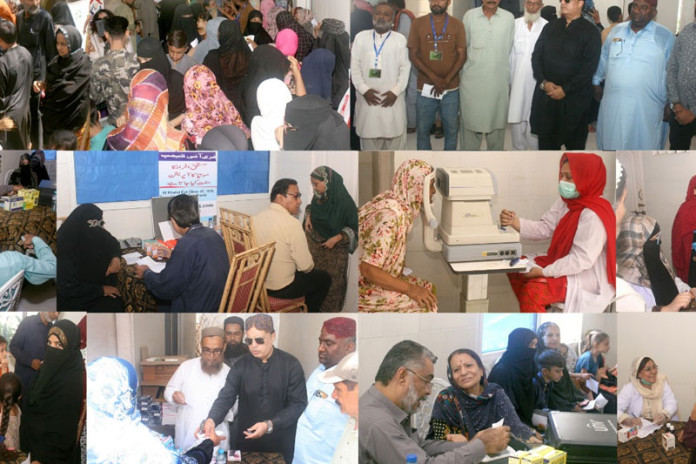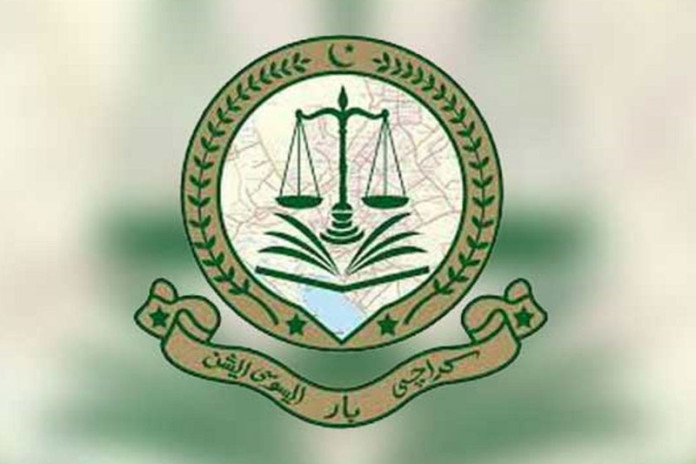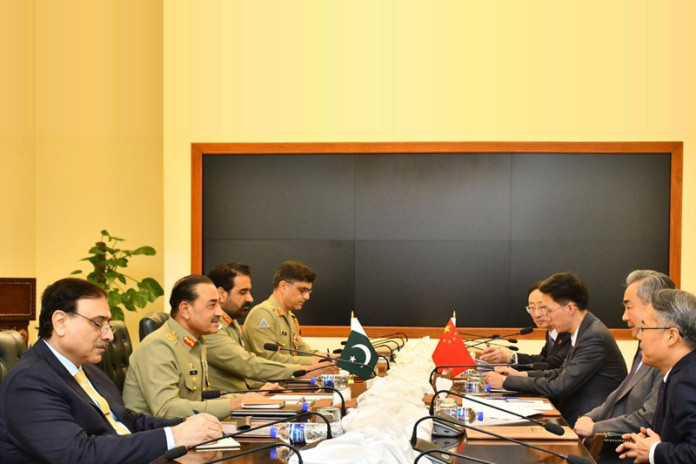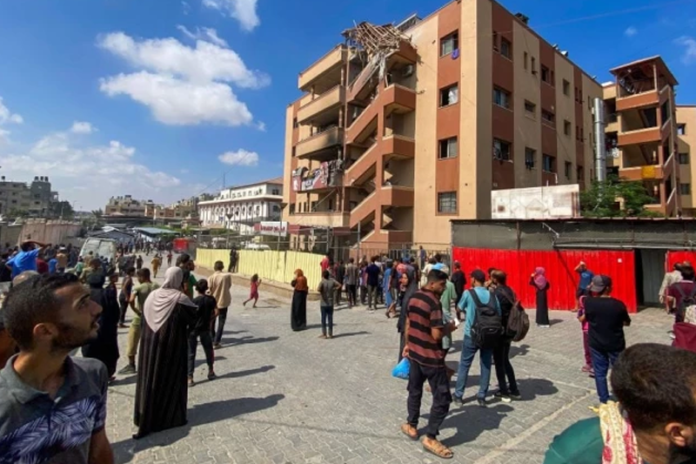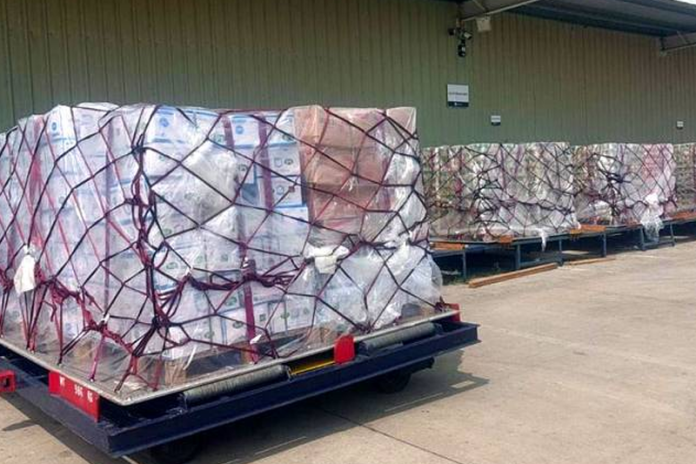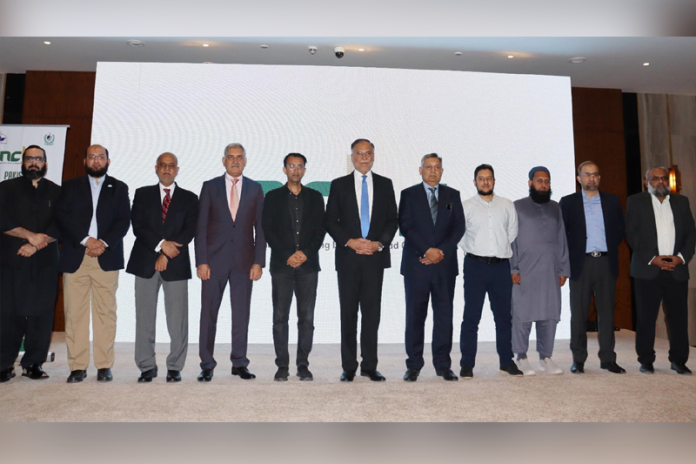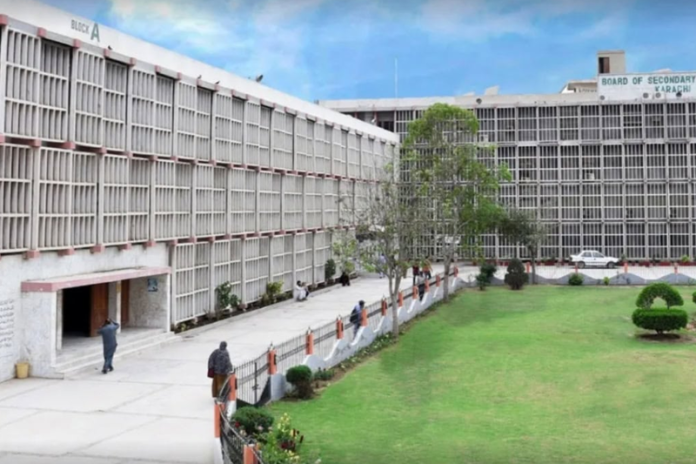A viable solution to trade woes
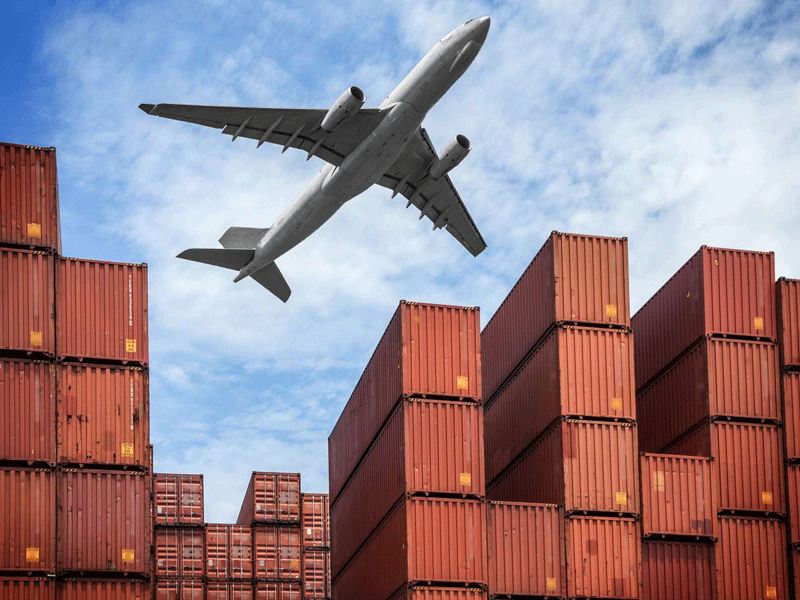
- 337
- 0
The difficulties faced by industries in the wake of restrictions on imports is no secret and to overcome the situation, different trade bodies have suggested to the Govt to opt for barter trade with neighboring countries.
The Association of Builders and Developers (ABAD), and many such organisations and trade representatives have rightly called for exploring the possibility of a barter system as it is a viable way to support the ailing industries.
There is utmost urgency of taking steps in this regard to overcome the impact of high rates of dollar to PKR due to which the material prices have increased manifold due to which the industrially sector is victim of slowdown of the economy. Though barter trade is not a complete solution for the current crisis in trade but it can help to minimize the effects of the crisis to some extent. As we know that the Govt has imposed restrictions on imports to overcome the dollar crisis and has allowed banks to open LCs only for essential commodities, while the supply chain has been affected by the ban on imports of commodities. According to State Bank, the condition of cash margin for opening LCs from banks is being abolished. The government has achieved a reduction in the trade deficit with these sanctions, which has fallen to the lowest level in the last 28 months at $1.8 billion, but in the import of medicines and textile raw materials for export products, auto parts and food items, exports have decreased due to difficulties. The textile industry, which accounts for more than 55 percent of the country’s exports, has seen a 30 percent year-on-year decline in exports to $1.2 billion in February 2023 from $1.7 billion in February 2022. In view of dwindling foreign exchange reserves, we have to adopt other modes of payment for imports instead of payments in dollars. Recently, Federal Commerce Minister Naveed Qamar approved “barter trade” to boost regional trade and in a press conference with Trade Development Authority (TDAP) CEO Zubair Motiwala in Karachi, barter trade could reach billions of dollars, informed about the details of which will boost the country’s exports. According to the Minister of Commerce, barter trade will be extended to Central Asian, African countries and China in the future, except for Iran and Afghanistan, while barter trade does not include the European Union, the United States, the United Kingdom and the Middle East, and barter will be done only from countries where banking is done or facing difficulties in the banking system.
To be very specific, barter trade is the exchange of goods for goods in trade which is not paid in currency i.e. dollars. In regional trade, there is immense potential for trade in our neighboring country Iran, but due to decades of international economic sanctions on Iran and the lack of a banking system between Pakistan and Iran, trade has not been promoted. On the contrary, India has signed a “Barter Trade Agreement” with Iran, according to which India is supplying rice to Iran and getting petroleum products in return, due to which, in the past, Pakistan’s basmati rice which was traded with Iran, was affected and the big market was lost.
However, on November 8, 2021, Pakistan and Iran signed a commodity-for-commodity barter agreement under which both countries agreed on rice barter trade, construction of border markets and customs rules. Apart from rice, Pakistan has proposed other commodities including textiles, medical equipment, meat and mangoes for barter trade. Iran and Afghanistan share several thousand kilometers of border with Pakistan, due to which the two countries use Balochistan Route (NLC) containers. They also carry out smuggling through legal trade and other means, which cost the government billions of rupees in terms of customs duty and revenue. Through barter trade, we can legally supply rice, textile products and countless other commodities to these countries and in return take petroleum products, plastics, chemicals, electricity and gas etc. and save billions of dollars worth of foreign exchange on their import.
In order to reduce the pressure of payments in dollars, apart from barter trade, currency swap (Swap) is also an effective payment system in which goods are paid in local currency so that imports do not affect the country’s foreign exchange reserves. Pakistan signed a currency swap agreement with China in 2011, which was extended for CPEC in 2018.
According to the currency swap agreement, Pakistan pays for the import of goods from China in Chinese yuan instead of dollars, which is a stable currency. Apart from this, the State Bank of Pakistan has also entered into a 3-year mutual currency swap agreement with the Central Bank of Turkey, under which both countries can trade in local currency equivalent to one billion dollars. Barter trade is a successful model of regional trade promotion. 6 European countries Belgium, Denmark, Finland, Netherlands, Norway and Sweden have created a clearing house for trade payments called INSTEX in Paris through which Iran can barter trade of oil and other products with these countries. The INSTEX system has been hailed by Paris, London and Berlin. Due to the economic sanctions of the United States and the West on Russia in the war between Russia and Ukraine, there are difficulties in the supply of wheat, oil and gas to the Western countries, due to which these countries are preferring goods for goods, i.e. barter trade.
In a nutshell, barter trade is need of the hour. And one congratulate the coalition government for securing an extension of Pakistan’s EU duty-free export GSP Plus Agreement for two more years, which expires in 2023.
However, the government efforts will lead to another 10-year extension of the GSP Plus agreement, which must be hailed.
Published in The Daily National Courier, March, 28 2023
Like Business on Facebook, follow @DailyNCourier on Twitter to stay informed and join in the conversation.

